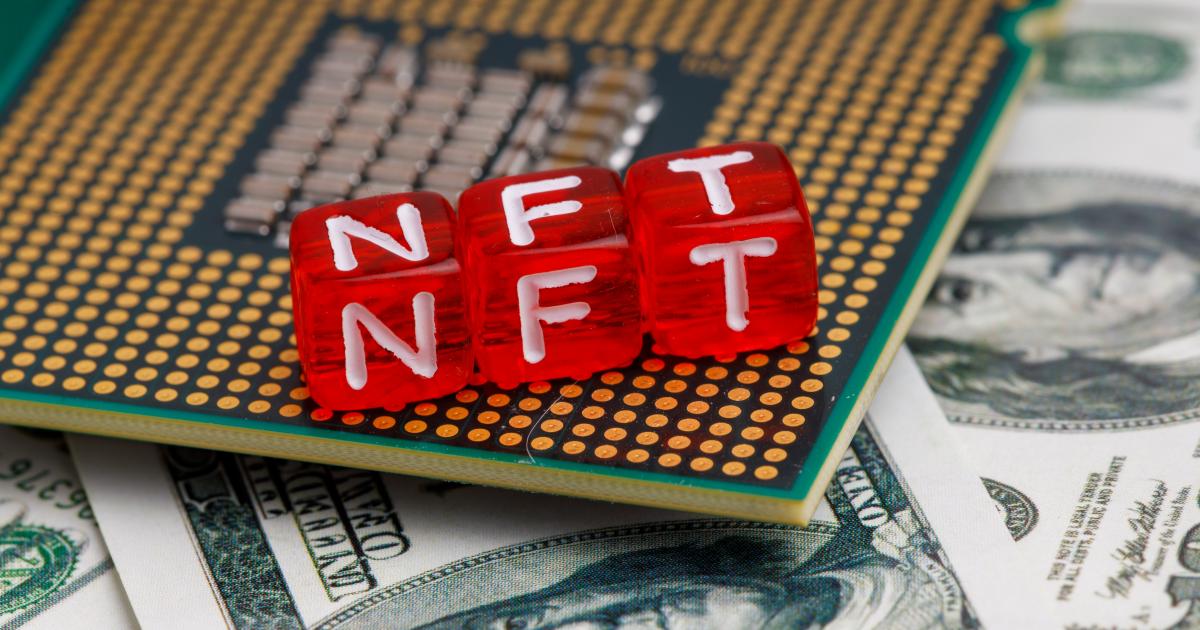The hype surrounding non-fungible tokens (NFTs) has been nothing but impressive. For over a year now, everyone has been looking to either mint an NFT or at least get their hands on one. And with the market expected to revolve around these tokens in the future, it seems obvious that we’ll still see a lot of development on that front.
For now, the majority of NFTs we see are tied to art and music. Essentially, these assets are backed by content that people can resonate with. For that reason, it seems pretty evident that NFTs can sell for such high prices.
However, one area that a lot of people seem to be ignoring is the potential for NFTs to also revolutionize the way we see real estate. NFTs, with their uniqueness and lack of fungibility, provide a great way for real estate developers to manage and sell their assets, and this area of specialization is one that is expected to see improved adoption in the future.
Related: Is Otherside Metaverse Land a Good Investment?
As explained earlier, NFTs have been in the news pretty much every day. These are tokens which can be purchased with cryptocurrencies or fiat money, with their distinctive highlight being the fact that they can’t be traded for other tokens.
With NFTs, holders get to enjoy sole ownership of digital assets thanks to the blockchain. Every blockchain platform is transparent and traceable, so it is easy to check the ownership of NFTs. This is one factor that makes them so perfect in fields like digital art or music.
At the same time, the connection between NFTs and real estate paints a different view of how these tokens can be used. NFTs are slowly emerging as tools for showing ownership of physical items through blockchain networks. Due to this, NFTs can enable the sale of real estate properties.
Related: How to Make and Sell NFTs
NFTs offer several real-world applications for the real estate space. Some of these applications include:
It is possible to transform actual properties into NFTs to sell them digitally. Since NFT transactions are traceable and transparent, you can buy and sell properties with them, transferring ownership to the buyer as soon as the transaction is confirmed.
This essentially ensures that real estate investment becomes much more liquid. Over the years, the real estate market has become notorious for its lack of liquidity as investors tend to have issues selling their assets – whether it is filling out paperwork or even finding someone who wants to buy the property. Now, we believe that NFTs can open the real estate market to a broader pool of investors, thus bolstering liquidity across the board.
Generally, tokenization allows the real estate market to be broken up – thus reducing the barriers to entry and making the market more liquid. NFTs can absolutely do the same.
For a while now, fractional ownership has been quite popular in the real estate space. Homeowners can convert their properties into NFTs and still divide them into different tokens. Thus, you can sell your property to multiple buyers – or even divide the share of the property if you’re not looking to part ways with the entire structure.
Say you have a property worth $10. Instead of waiting for a buyer to purchase the full thing, you could make NFTs that represent ownership and sell them to multiple buyers at the much lower price of $10,000 per token. This vastly improves your chances of making a sale.
Thanks to fractions and shared ownership, NFTs can also be used for mortgages. The owner of a real estate-backed NFT can easily use the token to apply for loans, putting their NFT up as collateral.
We already have crypto lending platforms that help with crypto-backed loans. It is possible for similar platforms to spring up where customers will be able to put up their NFTs as collateral to get loans.
The process of developing your real estate NFT is pretty simple. You have to follow the same process involved in creating normal NFTs, which includes going to an NFT marketplace and minting your NFT from there. Point out the benefits of holding the token, which primarily revolves around owning property and being able to hold the token for as long as you like.
You could try the Sabai Ecoverse’s marketplace for this. The platform focuses on making it much better for real estate developers to tokenize their assets – a use case that is definitely in high demand right now. Speaking on the objective, Sabai chief executive Vadym Bukhkalov explained:
“We decided not to limit ourselves to the already familiar patterns of the metaverse and are building our own Eсoverse Sabai, which allows us to add connections with the real world, because this is something people lack in order to play and earn money efficiently.”
After creating your token, remember to market it. Having a token is one thing, but being able to attract buyers is another. We recommend optimal marketing to ensure that prospective investors get to see the token and can buy into it immediately.
This article was submitted by an external contributor and may not represent the views and opinions of Benzinga.
Posted-In: contributorsCryptocurrency Markets Real Estate
Thank you for subscribing! If you have any questions feel free to call us at 1-877-440-ZING or email us at vipaccounts@benzinga.com
Author
Administraroot

